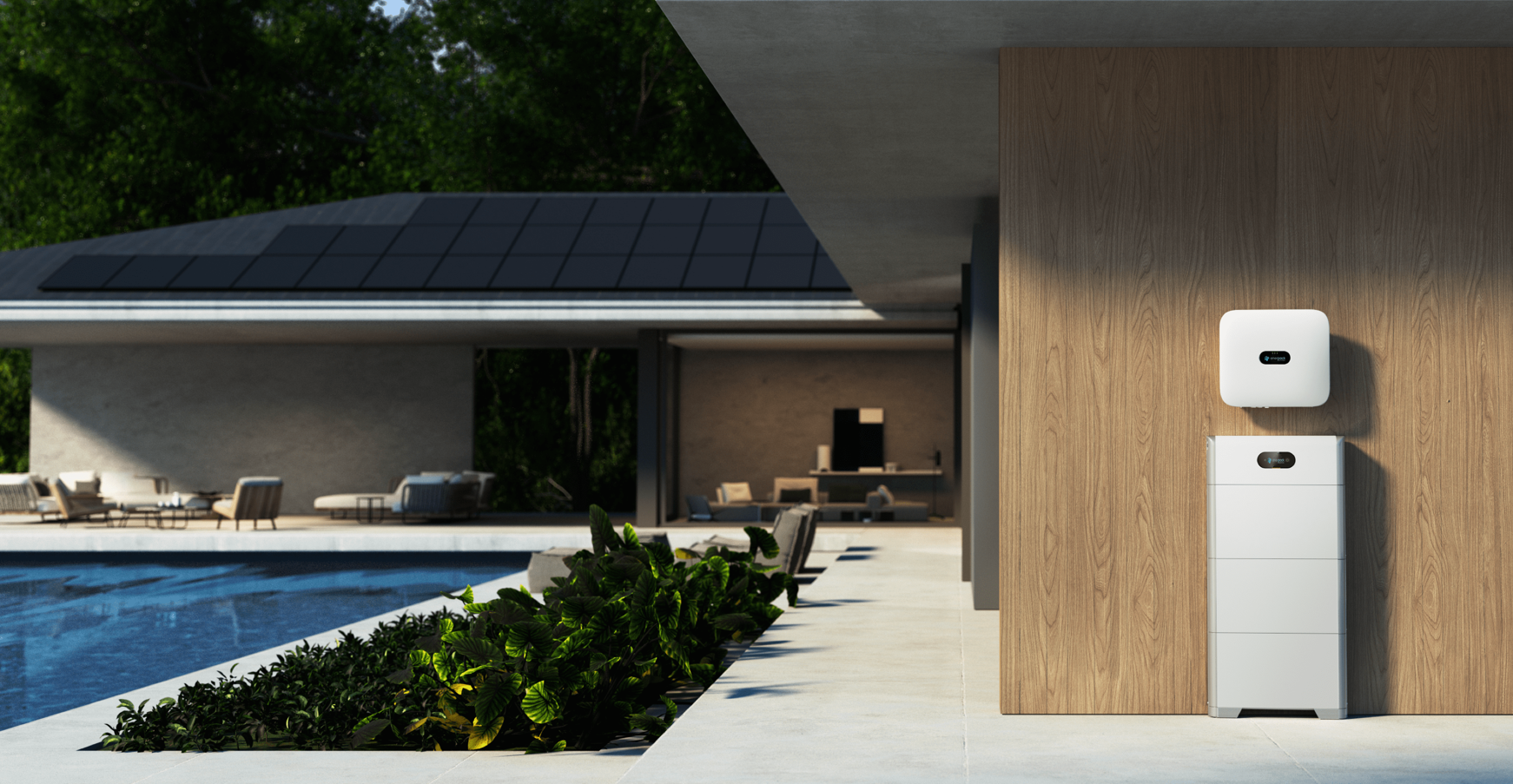In recent years, there has been a growing interest in utilizing solar energy for residential purposes. One of the key components of a solar energy system is an energy storage solution, which allows homeowners to store excess energy generated by solar panels for use during periods of low sunlight or at night.
Imagine a typical day in a solar-powered home. As the sun rises, solar panels on the roof begin to capture sunlight and convert it into electricity. This electricity can be used to power appliances, lights, and other devices in the home. Any excess electricity generated during the day is stored in an energy storage system, such as a battery.
During the evening, when the sun sets and solar panels are no longer generating electricity, the energy storage system kicks in. It releases the stored energy, providing power for the home's nighttime needs. This ensures a continuous and reliable power supply, even when solar panels are not actively generating electricity.
Energy storage solutions also play a crucial role in optimizing the use of solar energy. They allow homeowners to store excess energy generated during sunny days for use on cloudy days or during peak electricity demand periods, when electricity prices are higher.
Overall, the combination of solar panels and energy storage solutions offers homeowners a sustainable and cost-effective way to power their homes, reducing reliance on traditional grid electricity and lowering energy bills.


